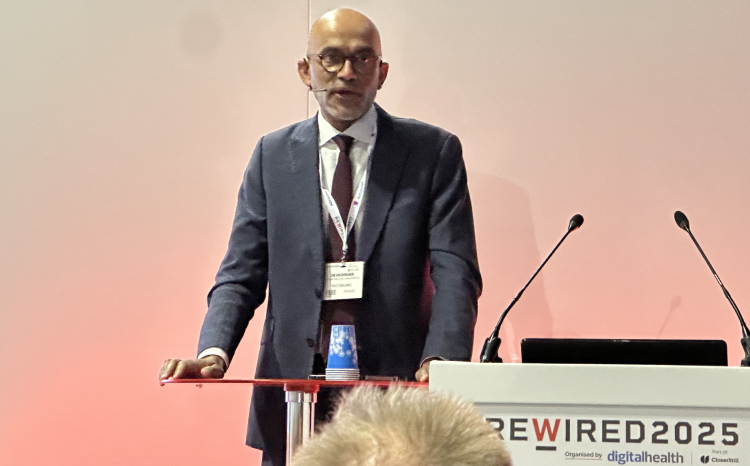NHS England announces second phase of Test Bed programme

NHS England and the Office for Life Sciences have launched a fresh competition to identify and fund health tech innovations that could help the NHS.
The second wave of the Test Beds programme calls on organisations using technology to address “complex” healthcare issues to apply for a share of £6 million in funding.
Through the programme, NHS England and the Office for Life Sciences hope to identify “a combination of innovations from small and large organisations” that have the potential to address to clinical challenges at a local level.
The programme will be run at designated NHS test bed sites.
Businesses that apply must be able to demonstrate “a digital product that addresses a clearly defined health and care challenge that is in line with the national NHS and life sciences priorities”, the competition criteria states.
Meanwhile, NHS organisations or partnerships that want to get involved must have “a clearly defined health and care challenge that is in line with national NHS and life sciences priorities.”
Successful applications will be invited to a collaboration workshop between 9 and 13 April 2018, before being invited to submit a detailed application to the full Test Beds competition.
The programme is being run in collaboration with Innovate UK, from which comes the bulk of the funding (£4.5m). The additional £1.5 million is being made available from NHS England.
The first wave of programme, announced in 2016, saw 51 digital technologies trialled in partnership with 40 innovators, and involved 4,000 patients across seven NHS test bed sites.
This included a Perfect Patient Pathway (PEPPA) test bed led by Sheffield Teaching Hospitals NHS Foundation Trust, in partnership with local authorities and academic institutions.
An evaluation of the initial test bed phase is expected to be published in summer 2018.
Lord O’Shaughnessy, parliamentary under secretary of State for Health said: “The Test Beds programme has enabled ground-breaking digital innovations to transform the lives of patients with dementia, diabetes and mental illness.
“Phase two of this pioneering research will allow us to learn even more from emerging technologies so that NHS clinical practice can adapt to the big health challenges we face.”




